“Learning results from what the student does and thinks and only from what the student does and thinks. The teacher can advance learning only by influencing what the student does to learn.” ― Herbert Simon
Stephanie Dillon
General Chemistry (CHM 1045 and 1046)

I started working with the LA program as a mechanism to better serve the students in my courses. I had been looking at how to restructure the courses to involve more active learning and determined that a "flipped classroom" style of course structure would be the most beneficial. In order for this style of course structure to work, you have to have good support for the students in place to help them while they are completing the in-classroom homework and activities. The LA program provided the means by which to provide that good support. After the success of the first semester, it became clear to me that the flipped orientation was the best way to help the students and the LAs are essential to the success of this format of course. My LAs are not only needed in the classroom but they also provide numerous office hours and help sessions to the students. They voluntarily offer exam reviews and extra practice sessions. They act as cheerleaders and counselors to the students that need help and encouragement. They are VITAL to the OVERALL success of the course. As I said from the start, the reorganization of the course structure was to better serve the students in my courses. It was additionally to combat some negative trends that had been observed over the past decade, namely lower test scores, high attrition rates, and low retention of course material based on subsequent class feedback. I was very happy to see that with the new curricular format that the attrition in my course fell by almost 10% and the exam scores increased dramatically. Students were no longer passing based on "easy" homework and quiz and extra credit points but actually achieving A and B averages on their exams. This success would not be possible without the assistance of the LA program.
Leah Hollingsworth
College Algebra (MAC 1105)
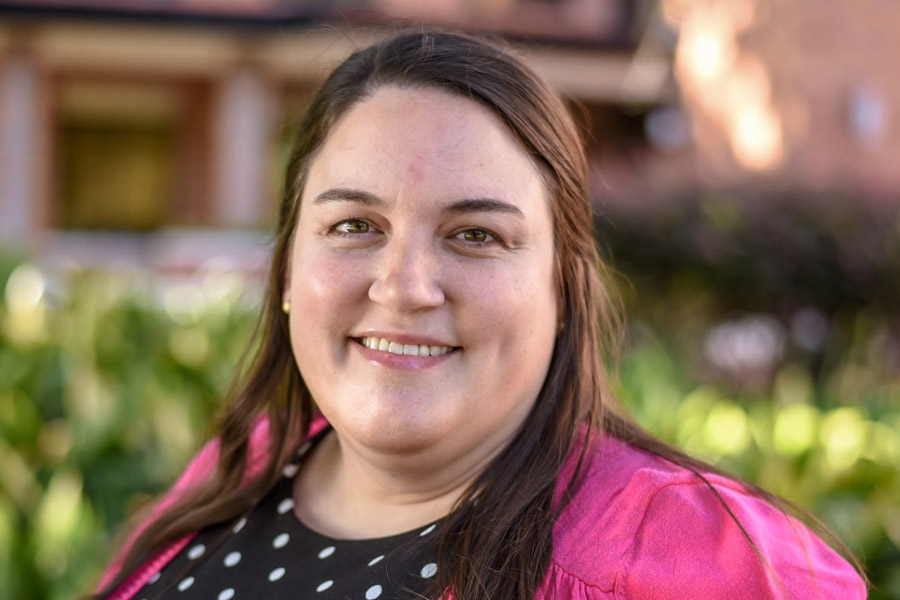
My goal in joining the LA program was to provide additional resources to incoming freshmen who might struggle with adjusting to the demands of a college-level math course. The LA program has been one of the best decisions I’ve made as an instructor. For those students that engage and participate with the LAs, their success is a testimony to the work and effort the LAs put into their positions. The LAs provide me with valuable information about how students are doing and what they are struggling with. They serve as extensions of me inside and outside of the classroom and I’m incredibly appreciative of all they do to ensure students are successful in the course.
Brittany Kraft
Biology II (BSC 2011)
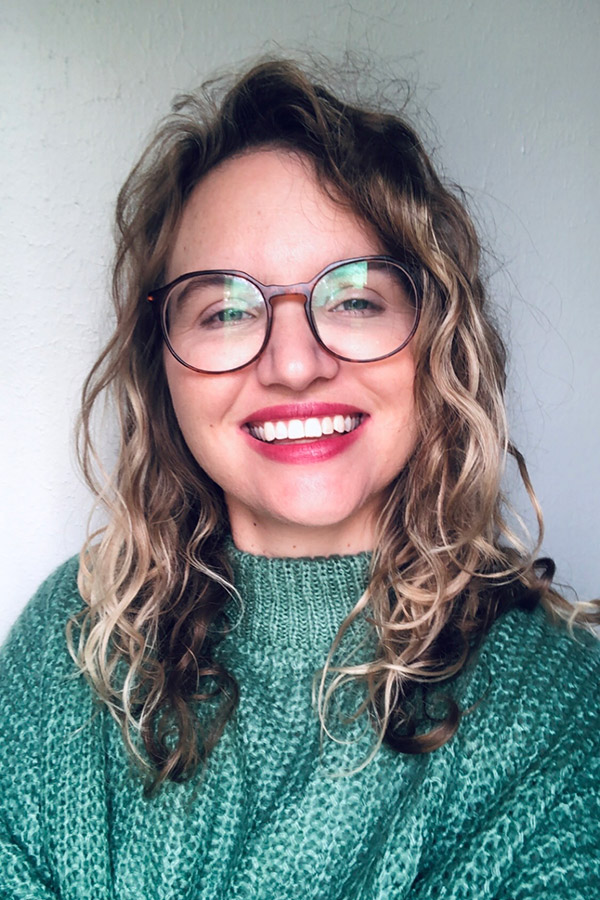
I joined the LA program to better connect with my students in my large lecture courses. I want my students to experience more personalized and student-centered education, even when there are 300 other students in the room.
I continue working with the program in part because CAT has the most amazing directors. They have helped me in all aspects of my teaching. They are so organized, responsive, kind and supportive. My LAs have also been excellent. These students are kind and professional, and have wonderful ideas for ways to engage students. It’s been easy to continue with the program, and now I can’t imagine my BSC 2011 lecture course without their help.
I am the kind of teacher that is constantly reevaluating my students’ learning experiences, and always trying to improve. My LAs do a fantastic job of being flexible and open-minded. They’re willing to try new things, and to give me feedback if these ideas don’t work (or do!). The LAs love working with other students, and I can tell they feel a lot of joy and pride from the experience.
Students have told me on their evaluations that they find the LAs to be very helpful and available. The LAs provide another point of contact for my students and new perspectives that I might not have considered. I am grateful for their help!
Penelope Kirby
Calculus I (MAC 2311)
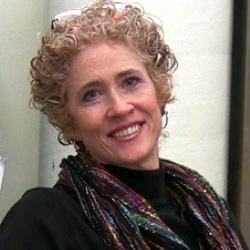
I was invited to participate in several statewide meetings that revolved around improving student retention and persistence in STEM. To improve student retention in Calculus 1, I began re-working how I taught the course. I was offered the use of LAs to help in this initiative. The re-design of the Calculus course relies on the use of LAs to make several of the activities reasonable for an instructor to do. There were clear positive results of the re-design of the course and I have continued to use LAs since then.
Most of my LAs have been eager to do this job of helping out other undergraduate students and most learned pretty quickly how to do a good job. A few of the LAs started off with the idea that the job was a resume builder or discovered working with other students is a lot harder than they expected, but most of those LAs ended up revising their thoughts about why and how to be an LA by the second semester.
I actually think the LAs get more out of the experience than the students taking the class! The LA experience is a great way to empower the students that are part of the program. It is enjoyable to see the growth of the LAs from a just-finished-calc student to a graduating senior. Each LA that I have worked with has developed into a strong, confident person.
Scott Stagg
Cell Structure and Function (PCB 3134)

I love having LAs, and they are helping with coming up with the activities. I’ve said it many times, but having LAs truly transformed my teaching. This morning driving in, I was thinking about how they make the class very scalable. With enough LAs, even a larger class wouldn’t feel like too much burden nor would it be a reduction in quality. I really think that LAs are the way we can accommodate big classes without having to resort to online, which having done it, was awful. What’s more, having the LAs made me rethink how to structure class with having activities. Walking around the class during activity time is my favorite part of class. I can get real-time feedback on what students understand and what they struggle with. It’s so much better than clicker questions because you can ask the students questions and figure out why they might not be understanding a particular concept.
Kristina Bowers
Analytical Trigonometry (MAC 1114)
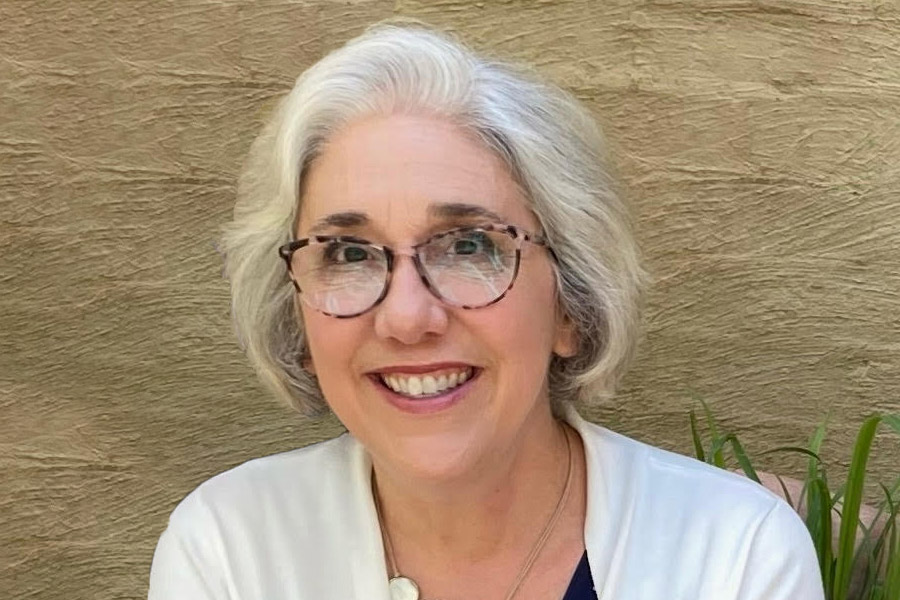
I asked to be assigned Learning Assistants for my courses because I knew they could help me create a rich learning experience for my students. My students work in small groups on activities that helps students dig deeper into the subject matter. The LAs facilitate this by encouraging student participation and collaboration and by helping them find direction when the students get stuck. As an undergraduate student I assisted a professor as a “math proctor.” That job led me to want to become a math teacher. Even if an LA does not become a teacher, the experience of helping and encouraging others is preparation for many types of careers the LAs may pursue. I believe this program is beneficial for students, for LAs, and for instructors!
Kassie Ernst
First Year Engineering Lab
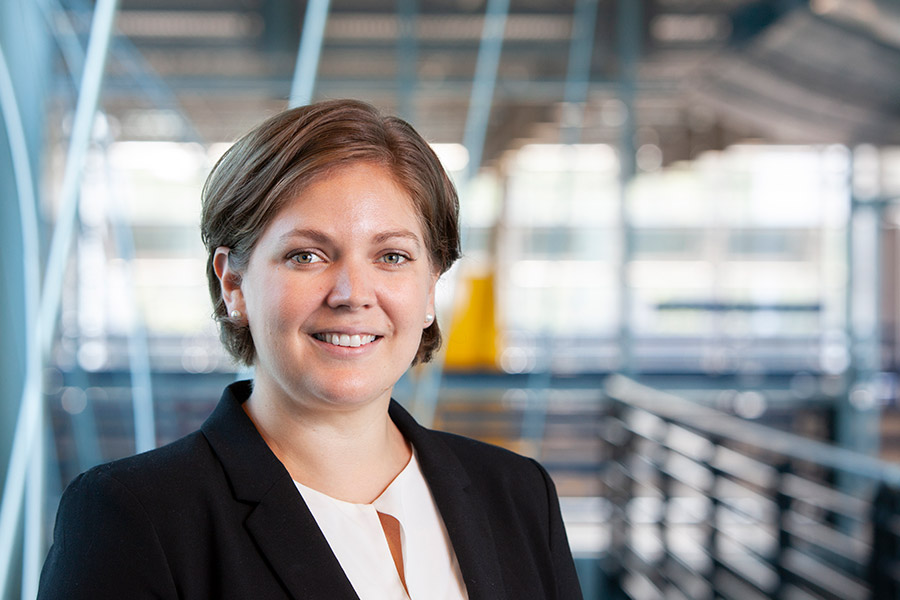
Learning Assistants are a huge help in my First-Year Engineering Lab classes. Engineering is such a broad field, and LAs always are able to speak to what they are currently working on in their discipline and skill set. They really help students grasp the realities of college in a way that I cannot. LAs understand the context of being an undergraduate student because they are students themselves.
LAs are essential for any type of group work that happens in my classes. They are great at distilling the main points of the project and helping to break things down. My classes emphasize a lot of collaboration, so LAs are encouraged to share any ideas or feedback they may have and that can really help a group that is stuck and looking for some helpful feedback. LAs are also great at reporting back things that are going on in the classroom that might be hard for me to see or understand without their perspective. LAs are great at picking up on what needs to be explained better or reviewed.
I joined the LA program because I’m working on making the classes I teach more active learning environments and LAs are taught about those principles and know how to foster an environment that promotes active learning. I also teach a lot of first-year students who are really looking for the perspective of a more advanced undergraduate and LAs provide that for them. The LAs, and the program in general, continues to impress me and help me achieve my classroom goals. I get to work on and troubleshoot ideas during our CAT LA meetings and it always helps to hear what others are doing. I’m also continually impressed with how willing and able LAs are at engaging students with where they are.
Sharanya Jayaraman
Introduction to Programming (COP 3014 and 3363)

The Learning Assistant program at FSU has been instrumental in enhancing student performance and retention rates in the introductory computer programming courses - COP 3014 and COP 3363. By utilizing Learning Assistants (LAs) both in the classroom and through support sessions, we've witnessed remarkable improvements across various metrics.
The LAs, who are recent course graduates, serve as invaluable resources for current students. Their firsthand experience allows them to empathize with student challenges and provide immediate, relatable feedback. This fosters a supportive learning environment where students feel comfortable seeking assistance not only with course material but also with broader career-related concerns.
The impact of LAs is evident in several key areas. We've observed a reduction in instances of academic dishonesty, improved average test grades, and a decrease in the number of drops and withdrawals. Additionally, the overall average course grade has seen a noticeable increase.
In essence, the presence of LAs has transformed the learning experience for our students, empowering them to succeed academically while also fostering a sense of community and collaboration within the classroom.
